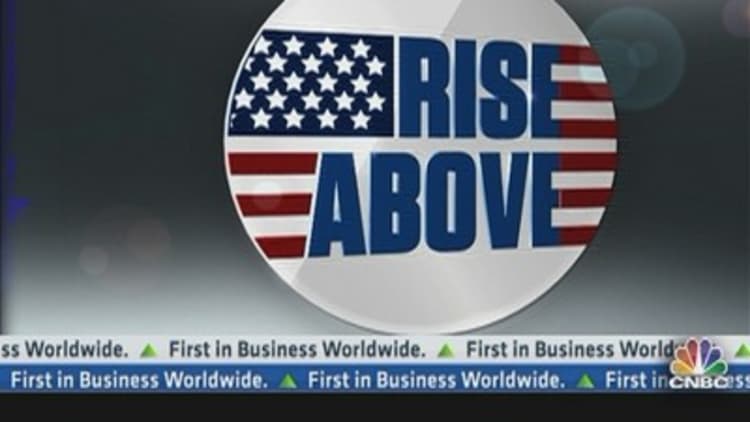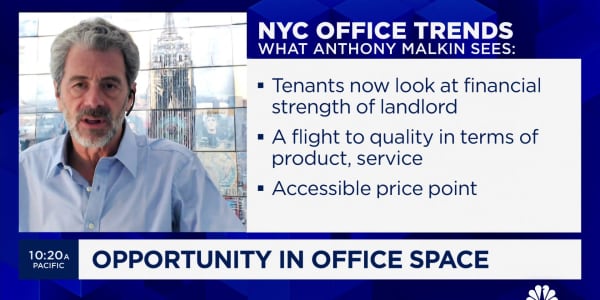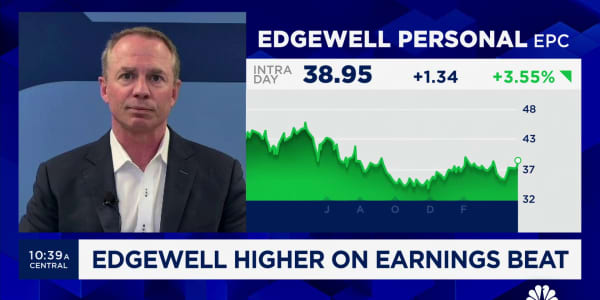Why is it that the banks that performed so well during the financial crisis—namely, JP Morgan Chase and Goldman Sachs—managed to become so vilified after the crisis?
A new study in the journal Neuron suggests an answer, albeit in a roundabout way.
The study by researchers from the University of Utah and the California Institute of Technology analyzed brain activity of volunteers as they traded shares within a mock-up of a financial market.
What they found was that something that is very helpful in most situations—the ability to take into account the intentions of others—winds up being dangerous in complex financial markets. People who had greater brain activity in the part of the brain involved with attributing desires and beliefs to others were more likely to ride a bubble and lose money by paying more for an asset than its fundamental worth. Which is to say, being a people person is bad for the bottom line during financial bubbles.
The researchers have a good explanation for this finding. It appears that traders who are good at reading people tend to read intentionality into the market and may believe that market movements beyond apparently fundamental value indicates the presence of better informed traders. That is, they assign a wisdom to Mr. Market and figure that better informed traders must be pushing prices higher.
The corollary of this finding is that people whose brains are less attuned to taking into account the beliefs and intentions of others perform better during financial bubbles. They stay attuned to the fundamentals instead of trading based on what they think other people might know.
In short, sometimes being a bit of a sociopath is a trading advantage. And if sociopath is too strong, let's just say jerk.
(Read this: 25 guys to avoid on Wall Street)
Which would explain why folks like Jamie Dimon and Lloyd Blankfein—and their people—can sometimes come off as so tone deaf when addressing the public. They just are tone deaf. Their success at navigating the housing bubble was caused, in part, by their relative inability to read into the minds of others.

Importantly, the ability to read intentionality is not always a negative. For example, the traders more attuned to intentionality can sometimes use their abilities to detect the presence of insiders in the market, which warns traders to be more cautious in order to avoid being taken advantage of by a better-informed trading partner.
(Read this: 10 friends you need on Wall Street)
In other words, the types of traders likely to succeed in a bubble might be different from the types of traders likely to succeed in markets driven by well-informed insiders.
Or, at least, that's what the study says. The data appears to have been collected from a very small sample of volunteers, who weren't necessarily professional traders.
—By CNBC's John Carney. Follow me on Twitter @Carney






